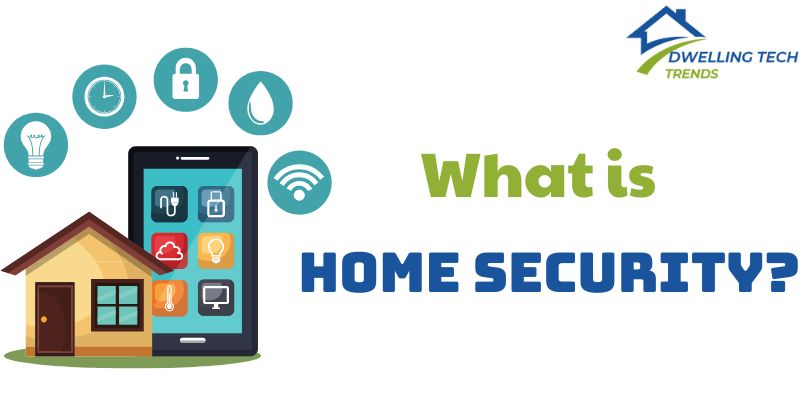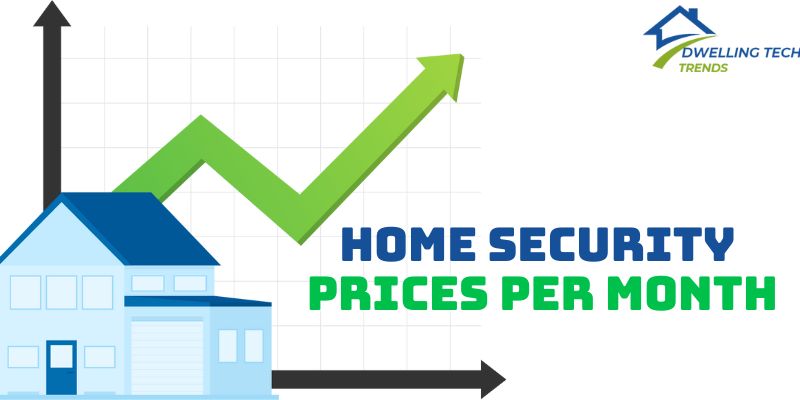The allure of "no money down" home security systems is undeniable. For budget-conscious homeowners, the prospect of securing their haven without an upfront investment is incredibly appealing. However, before you jump at the chance to safeguard your home seemingly for free, it's crucial to understand the nuances of these enticing offers. Just like any significant financial decision, a deep dive into the fine print is essential to ensure you're not caught off guard by hidden costs or unfavorable contract stipulations.
Navigating the world of home security systems can feel like entering a labyrinth of technical jargon and contractual obligations. The "no money down" option, while attractive, often comes with strings attached, and it's vital to understand precisely what you're signing up for. This exploration aims to equip you with the knowledge to make informed decisions about your home security, ensuring peace of mind without unwelcome financial surprises.
"No money down" in the realm of home security usually translates to no upfront costs for equipment or installation. Instead of shelling out a hefty sum at the outset, you agree to a contract that bundles these initial expenses into monthly payments. Essentially, you're financing your home security system over time. While this arrangement offers immediate affordability, it's crucial to scrutinize the contract terms, interest rates, and potential hidden fees that could inflate the overall cost in the long run.
The attraction of a "no money down" home security system is multifold, particularly for budget-conscious individuals and families seeking immediate protection without depleting their savings. The absence of a substantial upfront investment makes these systems accessible to a broader range of homeowners. For those who prioritize financial flexibility, this payment structure allows them to allocate funds to other pressing needs. Additionally, some homeowners prefer to spread out the cost of a significant purchase like a home security system, making monthly payments more manageable than a lump sum.
A typical "no money down" home security package usually includes the basic components required for a functional system. This typically encompasses a control panel, which acts as the system's brain, connecting all the other components and facilitating communication with the monitoring center. Door and window sensors are also standard, triggering an alarm if breached. A motion sensor, often placed in high-traffic areas, detects movement within its range, adding another layer of protection. Finally, a loud siren, usually integrated into the control panel, serves as a deterrent and alerts you and your neighbors to a potential intrusion.
The realm of home security systems offers a diverse array of options to cater to various needs and preferences. When considering a "no money down" plan, two primary categories emerge: wired and wireless systems. Wired systems, as the name suggests, involve connecting all components through wires, offering a reliable connection less susceptible to interference. However, installation can be more invasive, requiring drilling and running wires through walls. Wireless systems, on the other hand, employ radio frequencies to communicate between devices, offering easier installation and greater flexibility in component placement.
The decision of whether to opt for a DIY or professionally monitored security system is another crucial consideration when exploring "no money down" options. DIY systems, as the name implies, put you in the driver's seat, handling installation and monitoring yourself. While this option offers greater control and potentially lower costs, it requires technical proficiency and constant vigilance. Professionally monitored systems, on the other hand, delegate the responsibility of monitoring to a security company, which dispatches authorities in case of an alarm. This provides peace of mind knowing that professionals are on call 24/7, but it usually comes at a higher monthly cost.
[Provider 1], a well-established name in the home security industry, presents an enticing "no money down" option that bundles equipment costs into a long-term contract. Their basic package includes a touchscreen control panel, door and window sensors, a motion detector, and a yard sign and window decals for added deterrence. [Provider 1] prides itself on its user-friendly mobile app, allowing you to control your system remotely, receive instant notifications, and even integrate with smart home devices.
[Provider 2], known for its flexible and customizable security solutions, offers several "no money down" packages tailored to different needs and budgets. Their entry-level option includes all the essential components, while their more comprehensive plans incorporate features like environmental monitoring, video surveillance, and smart home automation. [Provider 2] also provides the flexibility of self-monitoring or professional monitoring, allowing you to choose the level of protection that suits your requirements.
[Provider 3] distinguishes itself by offering a "no money down" option with no contracts, setting them apart from many competitors. Their transparent pricing model ensures you only pay for the equipment and monitoring services you need. [Provider 3]'s system utilizes cutting-edge technology, including advanced sensors, facial recognition capabilities, and integration with virtual assistants like Amazon Alexa and Google Assistant.
One of the most significant advantages of choosing a "no money down" home security system is the enhanced accessibility it provides. By eliminating the barrier of a hefty upfront investment, these plans empower homeowners of varying financial backgrounds to secure their homes and enjoy peace of mind. This accessibility is particularly beneficial for individuals and families who may not have the disposable income for a large upfront payment but require immediate security measures.
Another compelling benefit of "no money down" home security options is the budget flexibility they afford. Spreading the cost of the system over time allows you to allocate funds to other essential expenses without compromising your family's safety and security. This payment structure can be particularly advantageous for homeowners who prefer predictable monthly payments instead of unexpected large expenditures.
While the allure of "no money down" home security systems is undeniable, it's crucial to approach these offers with a discerning eye. One potential drawback to consider is the long-term cost implications. While no money changes hands initially, contracts with extended terms and potentially high-interest rates could result in paying significantly more over the life of the agreement compared to purchasing the system outright.
In addition to scrutinizing the long-term costs, it's essential to thoroughly understand the contract terms and conditions before committing to a "no money down" home security system. Pay close attention to the contract length, termination fees, and any potential penalties for early cancellation. Some companies may impose restrictions on moving the system to a new location or charge hefty fees for equipment removal and reinstallation.
When evaluating "no money down" home security options, reading the fine print with a magnifying glass is paramount. Hidden fees and charges can lurk in the shadows, inflating the overall cost and catching unsuspecting homeowners off guard. Some common hidden fees to watch out for include activation fees, installation charges, monitoring fees, and equipment rental fees. Don't hesitate to ask probing questions and clarify any ambiguities before signing on the dotted line.
Ensuring the quality and reliability of the home security system you choose is paramount, regardless of whether you opt for a "no money down" plan or another payment structure. Research the company's reputation, read customer reviews, and inquire about equipment warranties and service guarantees. A reliable security system should provide consistent performance, withstand the test of time, and offer peace of mind knowing your home is adequately protected.
Selecting a "no money down" home security system can be a wise decision, providing immediate protection and budget flexibility, but only when approached with careful consideration and due diligence. By thoroughly researching providers, understanding contract terms, and prioritizing long-term value, you can make an informed decision that aligns with your security needs and financial situation. Remember, the most expensive option isn't always the best, and the cheapest might not offer the protection you require.

